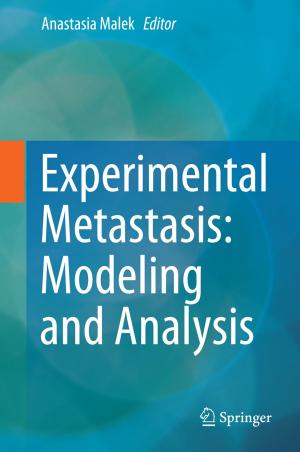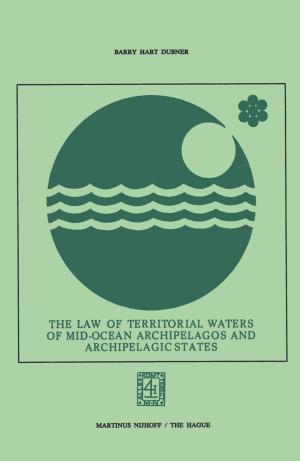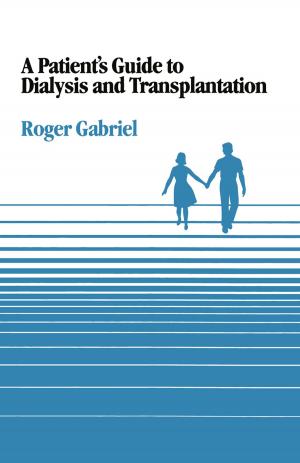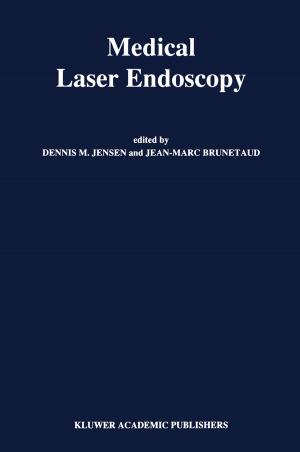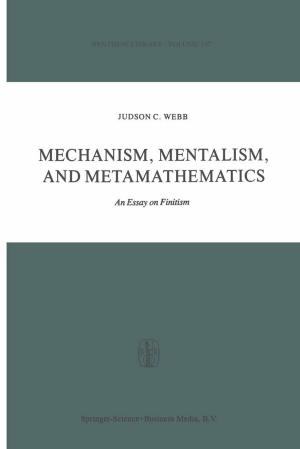Advanced Experimental and Numerical Techniques for Cavitation Erosion Prediction
Nonfiction, Science & Nature, Science, Physics, Mechanics, Technology, Engineering, Mechanical| Author: | ISBN: | 9789401785396 | |
| Publisher: | Springer Netherlands | Publication: | July 8, 2014 |
| Imprint: | Springer | Language: | English |
| Author: | |
| ISBN: | 9789401785396 |
| Publisher: | Springer Netherlands |
| Publication: | July 8, 2014 |
| Imprint: | Springer |
| Language: | English |
This book provides a comprehensive treatment of the cavitation erosion phenomenon and state-of-the-art research in the field. It is divided into two parts. Part 1 consists of seven chapters, offering a wide range of computational and experimental approaches to cavitation erosion. It includes a general introduction to cavitation and cavitation erosion a detailed description of facilities and measurement techniques commonly used in cavitation erosion studies, an extensive presentation of various stages of cavitation damage (including incubation and mass loss) and insights into the contribution of computational methods to the analysis of both fluid and material behavior. The proposed approach is based on a detailed description of impact loads generated by collapsing cavitation bubbles and a physical analysis of the material response to these loads. Part 2 is devoted to a selection of nine papers presented at the International Workshop on Advanced Experimental and Numerical Techniques for Cavitation Erosion Prediction (Grenoble, France, 1-2 March 2011) representing the forefront of research on cavitation erosion. Innovative numerical and experimental investigations illustrate the most advanced breakthroughs in cavitation erosion research.
This book provides a comprehensive treatment of the cavitation erosion phenomenon and state-of-the-art research in the field. It is divided into two parts. Part 1 consists of seven chapters, offering a wide range of computational and experimental approaches to cavitation erosion. It includes a general introduction to cavitation and cavitation erosion a detailed description of facilities and measurement techniques commonly used in cavitation erosion studies, an extensive presentation of various stages of cavitation damage (including incubation and mass loss) and insights into the contribution of computational methods to the analysis of both fluid and material behavior. The proposed approach is based on a detailed description of impact loads generated by collapsing cavitation bubbles and a physical analysis of the material response to these loads. Part 2 is devoted to a selection of nine papers presented at the International Workshop on Advanced Experimental and Numerical Techniques for Cavitation Erosion Prediction (Grenoble, France, 1-2 March 2011) representing the forefront of research on cavitation erosion. Innovative numerical and experimental investigations illustrate the most advanced breakthroughs in cavitation erosion research.


